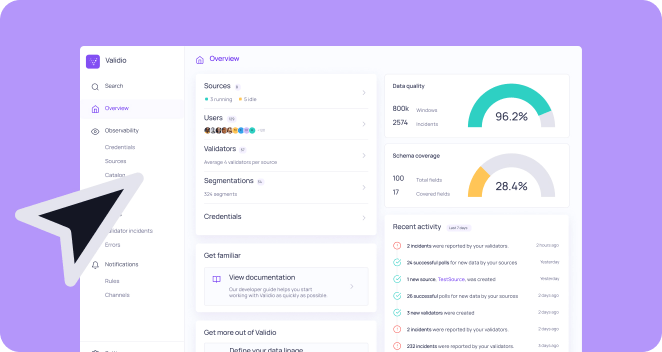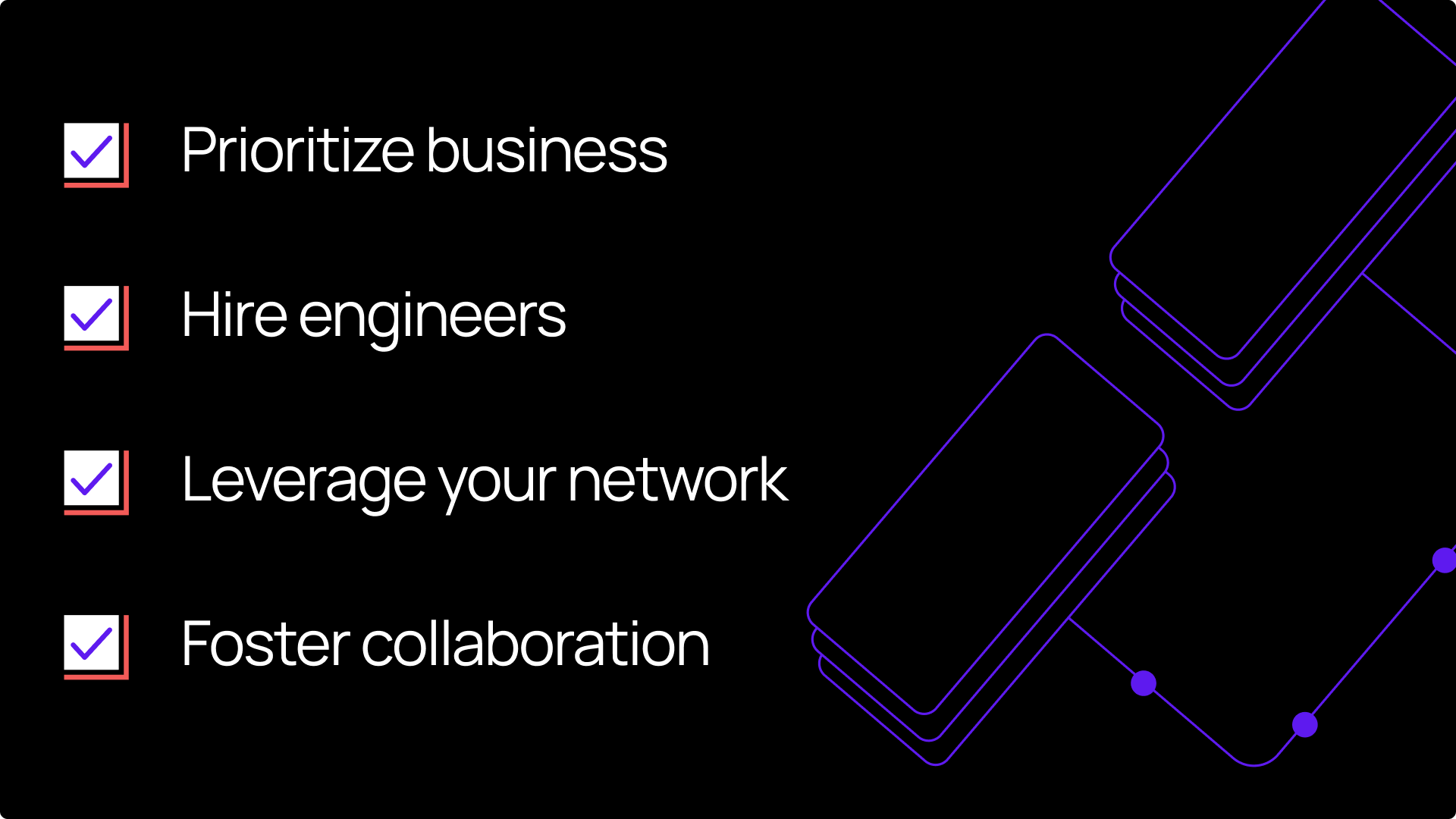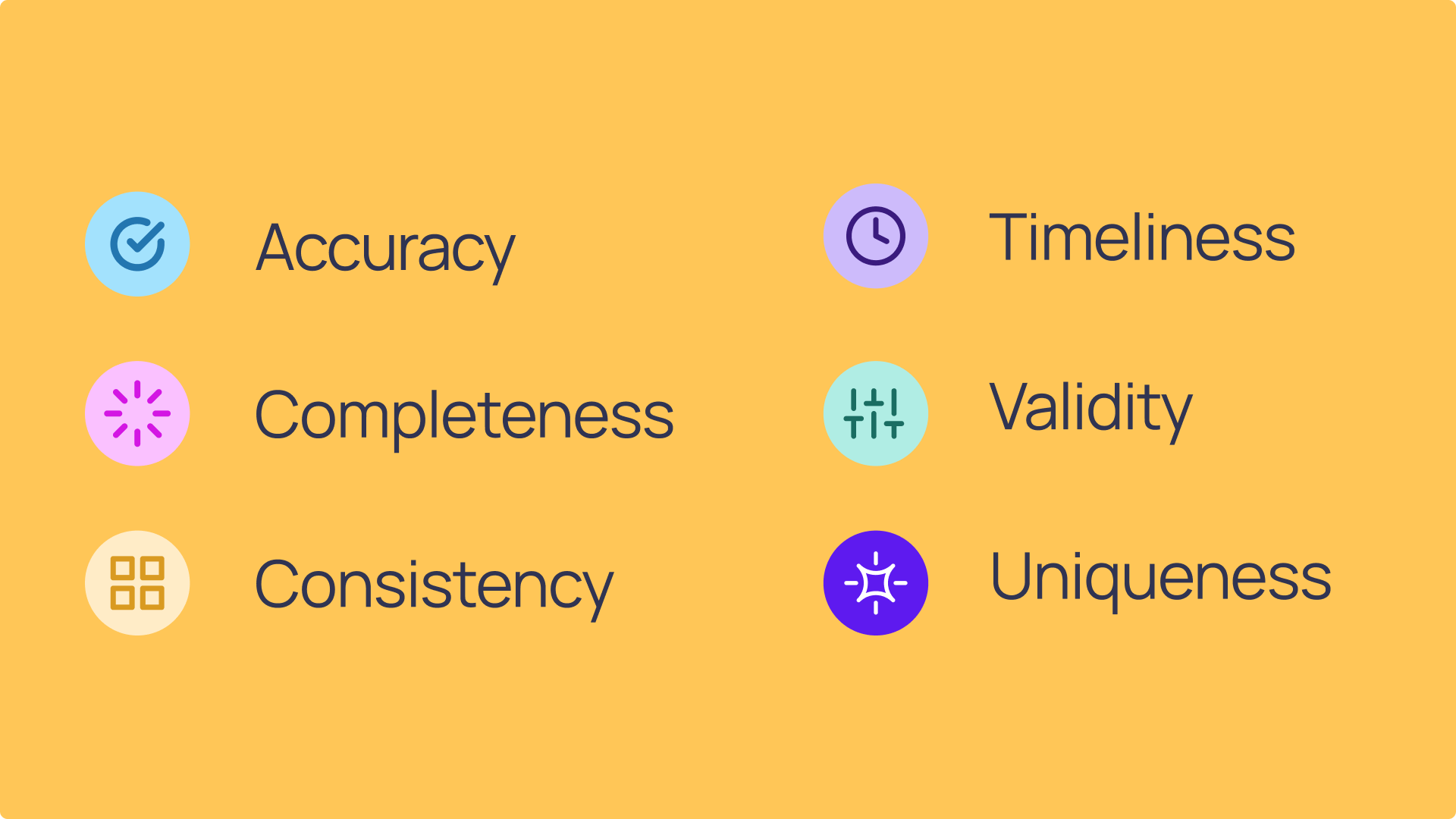So you’ve stepped into the role as a new data leader.
It can be both exciting and daunting. On average, data leaders only last in their role for 18 months on average. Recently, I've been asked by several data leaders why that is the case. Is it because they get headhunted for more lucrative opportunities, or because they fail in doing their job?
Unfortunately, it's most commonly the latter. Most data leaders focus on democratizing data and AI, making it accessible and available. But, since 90% of data is generally not of good quality, it ends up with serving bad data the everyone. The result? Lost trust in data, in data teams, and data leaders. If this goes on, the momentum declines and challenges start building, not seldom leading to that data leader being replaced.
The first 90 days are critical for setting the tone, establishing priorities, and building momentum. A while back, I spoke to John Steinmetz, an established data leader, to share his best advice when entering a new role as VP of Data, Head of Data, or CDO, and we’ve summarized it here. Here are the key strategies to ensure your early days as a data leader pave the way for long-term success.




